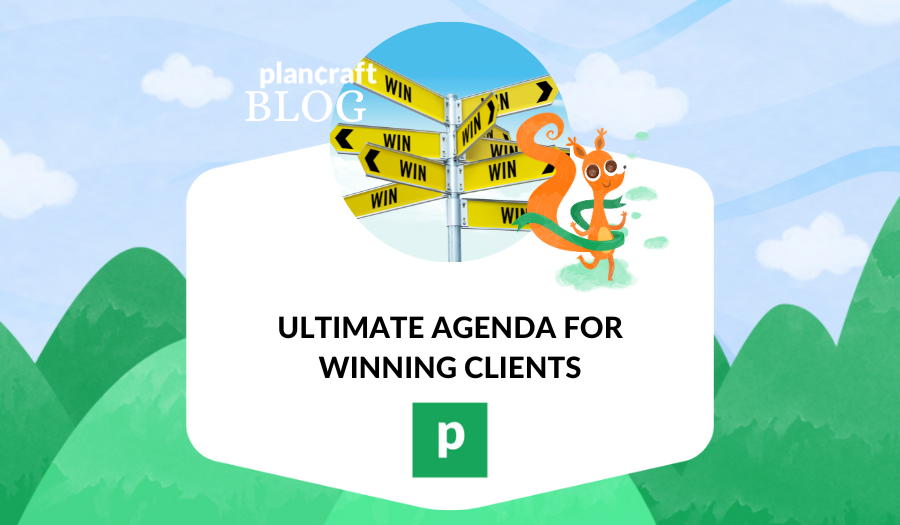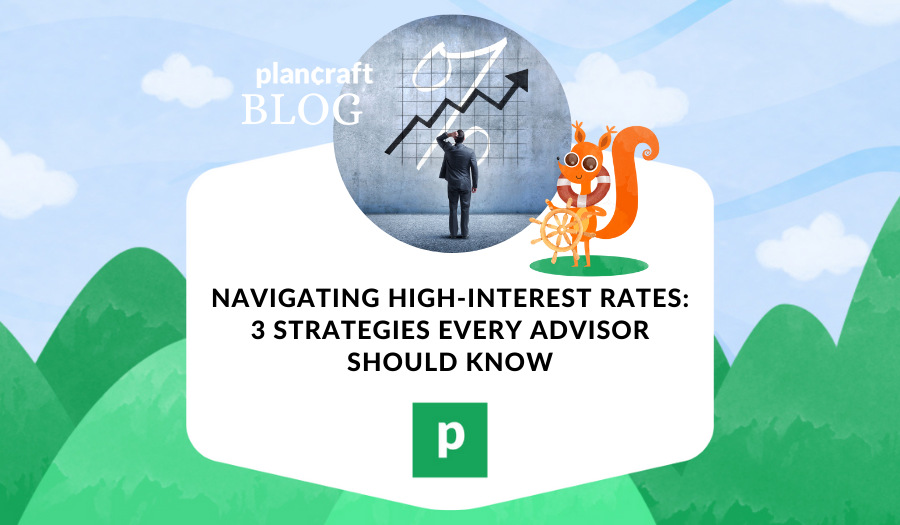Elevate Your Financial Advisory Practice
Navigating the financial advisory landscape requires more than expertise—it demands a strategic approach to client engagement. The ultimate agenda for winning clients isn't just a checklist; it's about cultivating trust and understanding the unique needs of each prospect. Here’s a detailed guide on structuring your client meetings for maximum impact, ensuring every interaction moves you closer to securing a loyal client base.
Understanding Your Client
Start your meetings by focusing solely on the client. Ditch the standard introductions about your qualifications and services initially. Instead, delve into discovering what really matters to your client. What are their concerns, fears, and aspirations? This shift in focus ensures that clients feel heard and valued right from the beginning.
Building Rapport
Building rapport isn't just small talk; it's strategically understanding and aligning with your client's needs. Use this time to learn about their immediate financial concerns and goals. The more you know about what keeps them up at night, the better you can tailor your advice to fit their life.
Setting the Agenda
A clear and client-focused agenda helps in managing expectations and reducing anxiety. Let your clients know upfront what will be discussed and that the primary goal is to understand their needs and not to sell. This transparency sets a cooperative tone and fosters a more open dialogue.
Deep Dive into Financial Goals
Once rapport is established, guide the conversation towards financial goals and aspirations. However, rather than simply listing goals, explore the motivations behind these goals. Understanding the 'why' behind their objectives can provide deeper insights into how best to serve them.
Introducing Your Services
Only after these initial steps should you introduce your services. Now that you understand their needs and have built rapport, your services can be positioned as solutions to their expressed concerns. Tailor your presentation to highlight how specific offerings align with their goals.
Feedback and Adaptation
Encourage feedback on the discussion. What resonated with them? Do they feel certain areas need more attention? This not only shows that you value their opinion but also helps you refine your approach.
Next Steps
End the meeting by clearly outlining the next steps. Whether it’s gathering more documents, setting up another meeting, or starting on a financial plan, ensure the client knows what to expect next. This clarity helps build trust and keeps them engaged in the process.
Follow-Up
Prompt follow-up after meetings reinforces the importance you place on their business. Whether it's a summary of the meeting, additional information they requested, or just a thank you note, timely follow-up can make a significant difference.
Incorporating these elements into your client meetings can transform the client experience. By focusing on genuine engagement and personalized service, you position yourself not just as a financial advisor, but as a trusted partner in your clients' financial well-being.
Enhancing Client Interactions Through Technology
Incorporate technology to streamline the data-gathering process and maintain constant communication. Tools like CRM systems can help manage client information efficiently, allowing for more personalized service. Additionally, using financial planning software can help visualize different scenarios and outcomes, making it easier for clients to understand complex financial strategies.
Active Listening and Problem Solving
Active listening is crucial. Pay attention to not just what is said, but how it is said. This sensitivity can help you identify unspoken concerns or hidden opportunities. Furthermore, position yourself as a problem solver. When clients present an issue, use this as an opportunity to demonstrate your expertise and resourcefulness by suggesting practical, creative solutions.
Cultivating a Culture of Transparency and Integrity
Transparency in all dealings builds trust. Always be clear about fees, processes, and any potential conflicts of interest. Integrity in financial advice fosters long-term relationships and client loyalty, which are key to a sustainable practice.
Continuous Learning and Improvement
Stay updated with the latest financial trends, regulations, and technologies. Continuous professional development ensures that you can offer the most current and effective advice, enhancing your credibility and the perceived value of your services.
Building a Referral Network
Encourage satisfied clients to refer you to others. This can be facilitated by creating a referral program that rewards clients for introductions to potential new clients, expanding your business through trusted networks.
By extending these strategies into your practice, you can deepen client relationships, enhance client satisfaction, and ultimately drive the growth of your advisory business.









